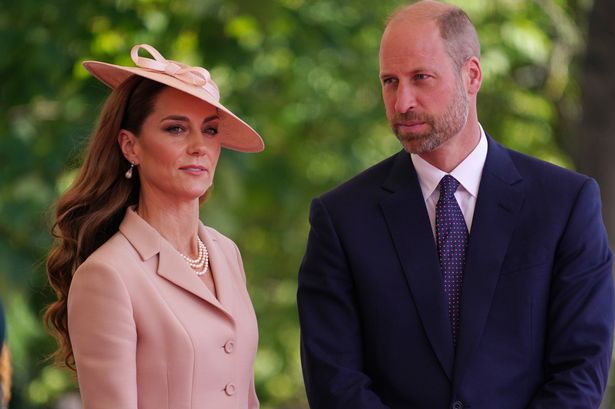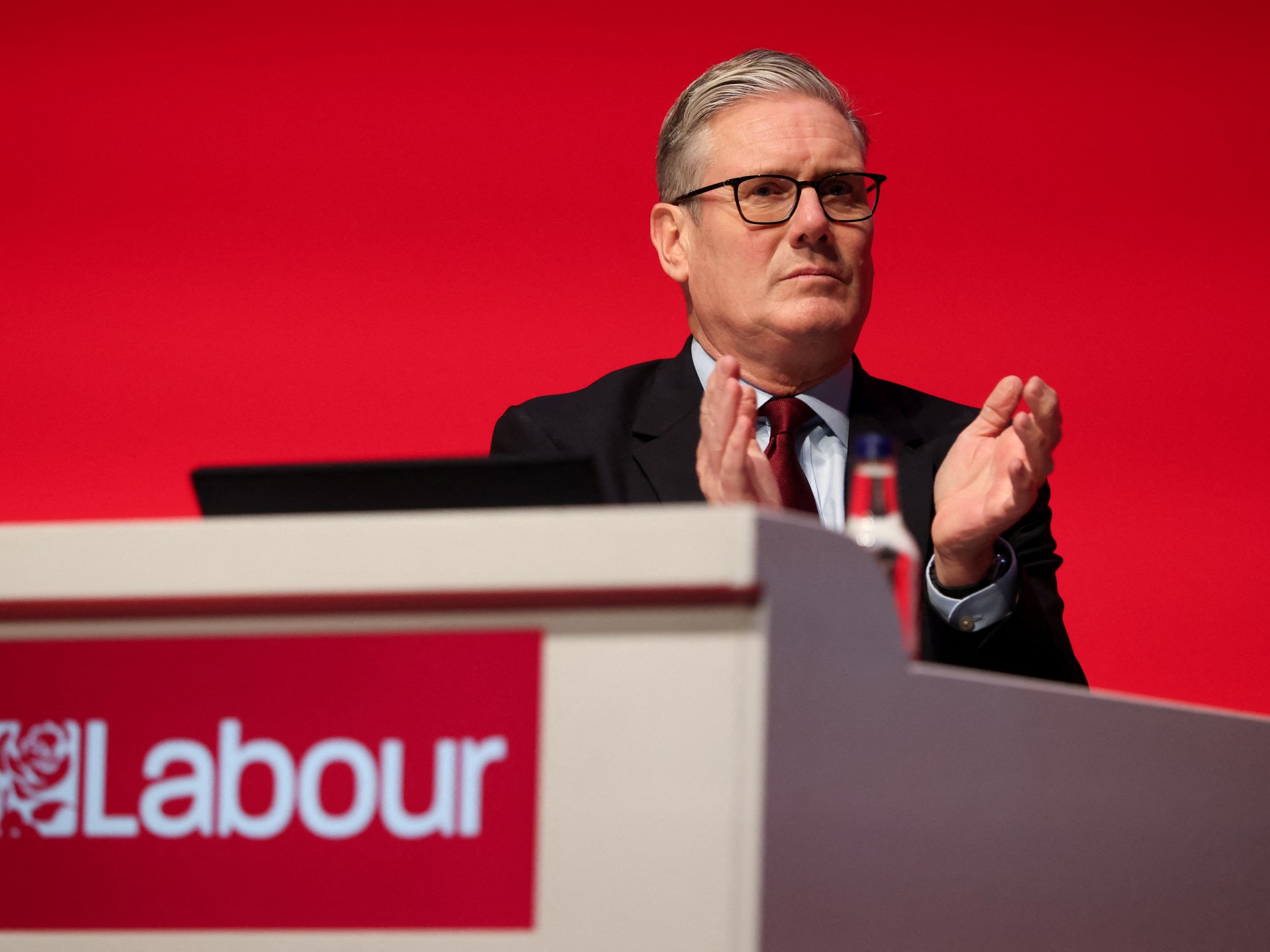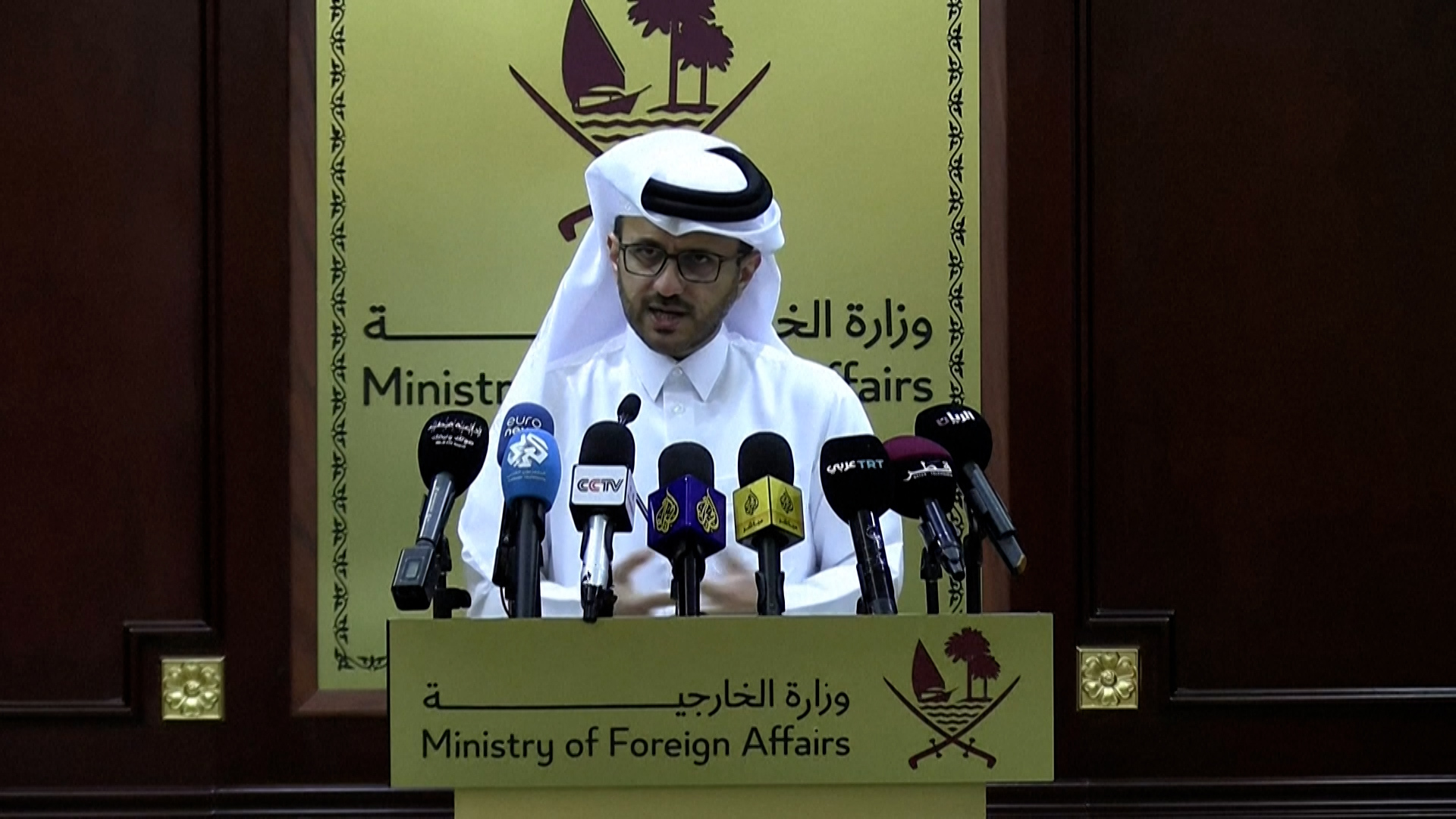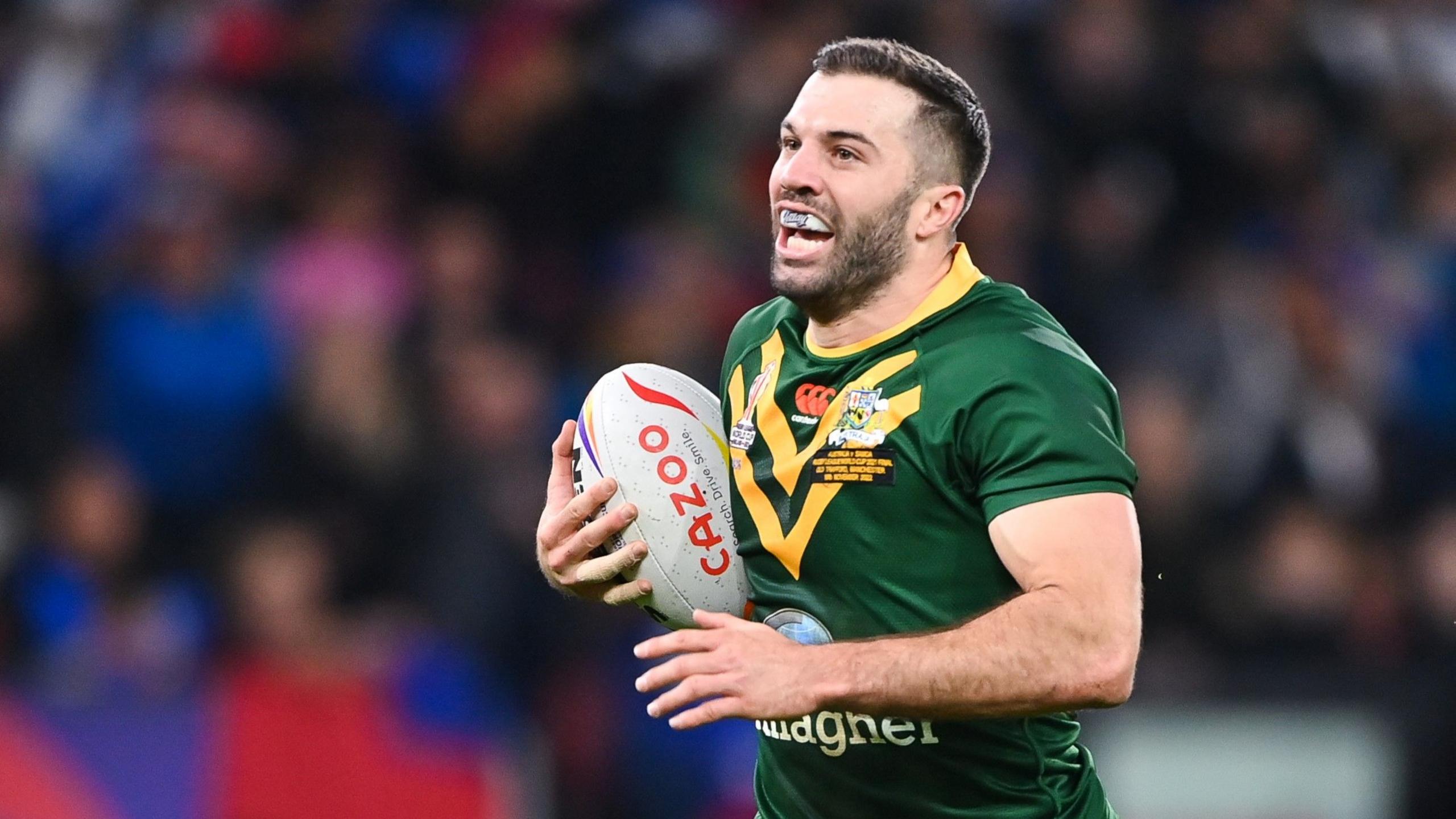London, United Kingdom – How much trouble is Keir Starmer in? How long has the UK prime minister got to turn things around?
That those questions are being reasonably asked is sort of extraordinary.
Recommended Stories
list of 4 itemsend of list
Little more than a year ago, in July 2024, Starmer led Labour to a landslide victory. Labour became by far the biggest party in the House of Commons, with 411 seats, a majority of 174.
That is such a significant majority that it was widely assumed that Labour, and Starmer, would get at least two terms – 10 years – to impose their vision of the UK after 14 years of the Conservatives.
Instead, polls have the rebel Reform, previously viewed as a protest party, on track to win the next election on the back of rising anger about the economy and immigration.
One poll, the Sunday Times MRP survey released in recent days, has Starmer as the most unpopular PM ever.
As the Mayor of Manchester Andy Burnham makes noises about mounting a leadership bid, it is possible that Starmer is removed before the next election. That is due in 2029, unless the premier, whoever that may be, decides to call one early.
Retired teacher Chris Francis, who voted for Starmer’s Labour, told Al Jazeera: “The biggest thing that he promised was change. That was literally his campaign slogan. And yet nothing much has changed. Wages are rising higher than inflation, but it doesn’t feel like it for many people. I agree he isn’t the worst PM ever – but he failed to manage expectations before he got elected.”
Starmer’s woes fall into three categories – practical challenges, poor optics and scandals.
The scandals are to do with tax he and his now departed deputy, Angela Rayner, did, or did not pay, on property.
Starmer bought a field at the back of his parents’ house for 20,000 pounds ($27,000) so they could keep donkeys. He later sold it for 300,000 pounds ($400,000), and it is unclear whether he avoided tax. He says he did not, but the picture is murky.
On its own, this case would be trivial, but it fits a narrative. Starmer, a highly successful barrister, was supposed to bring lawyerly, scholarly decency to the role of prime minister.
Instead, he looks like a man struggling to explain either the law or what he intends to do for the people who voted for him.
On a practical level, Labour has lost the confidence of the business community it strove so hard to win over before the election.
In particular, a rise in the National Insurance tax employers pay for staff has led to job cuts, especially in the already struggling hospitality sector. As a result, unemployment is rising, while the number of job vacancies is falling.
‘Unremittingly bad’ unpopularity
James Crouch at opinion pollster Opinium said Starmer’s premiership could be “fatally wounded”.
“Starmer’s ratings really are extraordinary. That level of unpopularity is unremittingly bad, and what’s striking is that we’ve almost forgotten how we got here,” he said.
The biggest challenge Starmer faces is undocumented immigration, which successive governments have struggled to deal with.
And, despite lots of promises about building more homes, progress has been slow. Labour now says it will build 1.5 million new homes by 2029. Figures show planning approvals for new homes in England fell to a record low this year.
In addition, Starmer appears to be in danger of appealing to almost no one.
To several members of his party and a number of his MPs, he is not left-wing enough.
To business, he has been too left-wing.
And to the man on the street, he is not getting to grips with undocumented immigration, which has led to the extraordinary rise of Reform, led by Nigel Farage.
Farage is convinced he will be the next PM, with reason; polls put Reform 12 points over Labour.
Regarding the economy, James Bentley, director at Financial Markets Online, warned that business sentiment remains weak, despite a recent boost in the form of incoming investment deals by United States firms to the tune of 150 billion pounds ($200bn), which were announced during US President Donald Trump’s state visit.
“Baleful economic numbers will be causing rising panic behind closed doors on Downing Street,” he said. “Things are going from bad to worse for Britain’s manufacturers, with manufacturing output now contracting at the fastest rate since March. Demand for British goods has weakened among both domestic and overseas buyers.
“Meanwhile, many employers are facing high wage pressure, and the combination of squeezed margins and falling demand is increasingly toxic.”
Political experts say Labour came into power unprepared, that the party had a plan to win, but not to govern. A negative narrative has taken hold, even in areas where that might be unfair, because Labour has struggled to get its message across.
The economy is not that bad, compared with other European countries, and anger over immigration is hardly unique to the UK.
Giles Kenningham of London political consultants Trafalgar Strategy said, “[Starmer] is not helped by the fact that there is an obvious successor in Andy Burnham. What is against him is that he won on a Tory collapse, not a Labour revival. That is bearing out now.
“There was no definition to where he was going. There was no great story to sell. He needs something to bind people together, something they are aiming towards. And there isn’t. What is Starmerism? They haven’t defined that.”
What is clear is that the patience for Starmer’s promised changes is wearing thin.
Writing in the Financial Times, NatWest Bank chairman Rick Haythornthwaite noted: “This is a tough time to be a politician of any persuasion.





